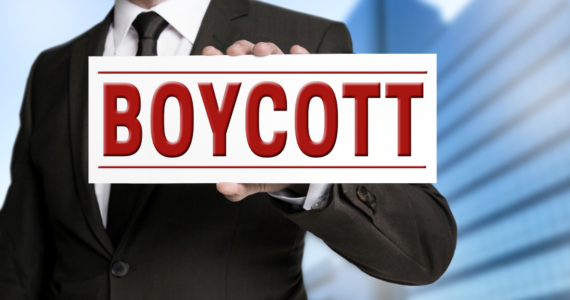In 2024, several leading companies across industries have significantly scaled back their Diversity, Equity, and Inclusion (DEI) programs. This rollback reflects a broader trend of reevaluating corporate DEI strategies amidst shareholder pressure, economic challenges, and political activism.
Key Companies Scaling Back DEI Initiatives
Lululemon
Lululemon faced shareholder lawsuits alleging that its DEI programs were ineffective and contributed to a decline in stock prices. The company’s Inclusion, Diversity, Equity, and Action (IDEA) program came under fire for being “misguided” and raising ethical concerns. Critics argued that the initiatives lacked measurable impact and were misaligned with business priorities. In response, Lululemon has begun reassessing its DEI strategies, focusing on creating more transparent and outcome-driven programs.
Walmart
The retail giant announced in November 2024 that it would phase out several DEI initiatives, including staff training on racial equity and prioritizing minority-owned suppliers. Walmart also plans to end funding for its $100 million Center for Racial Equity by mid-2025. These changes come after significant pressure from conservative groups and shareholder activism, which criticized the company for prioritizing “social agendas” over business performance.
Ford Motor Company
Ford scaled back its DEI efforts after activists and some shareholders argued the programs were overly politicized and not directly tied to improving employee productivity or innovation. The automaker ended its partnership with the Human Rights Campaign and discontinued certain diversity-focused hiring programs. Ford has since stated its intention to prioritize “merit-based hiring practices” while maintaining commitments to workplace fairness.
Harley-Davidson
Facing similar pressures, Harley-Davidson reduced its DEI initiatives, particularly those involving supplier diversity and equity training. Activist campaigns questioned the return on investment for these programs, with some arguing they detracted from the company’s core focus on customer satisfaction and product innovation. Harley-Davidson’s leadership has emphasized a more “balanced approach” to workplace inclusion moving forward.
Boeing
Boeing disbanded its DEI team in November 2024 amid rising internal and external criticism. The aerospace company’s new CEO, under pressure to cut costs and improve shareholder returns, viewed DEI programs as non-essential expenditures. Boeing’s decision reflects a broader trend of prioritizing operational efficiency over social initiatives.
Toyota
Toyota faced backlash over its support for LGBTQ+ initiatives, prompting a reassessment of its DEI policies. The company has since curtailed activities perceived as “politically charged” and shifted its focus to promoting general workplace equity without targeting specific demographic groups.
Nissan
Nissan scaled back its DEI initiatives after activist Robby Starbuck accused the company of engaging in “woke” corporate practices that alienated certain customers and stakeholders. The company has since adopted a quieter, less public-facing approach to diversity efforts.
Why Are Companies Scaling Back DEI Programs?
- Shareholder Pressure:
Shareholders have increasingly scrutinized the financial impact of DEI programs. For example, lawsuits against Lululemon highlighted concerns that poorly implemented DEI initiatives might harm business outcomes. - Political and Social Pushback:
Companies like Ford and Harley-Davidson faced significant pressure from conservative activists, who argued that DEI programs were ideologically driven and alienated parts of their customer base. - Economic Considerations:
In a challenging economic climate, businesses are reassessing non-essential expenditures, with DEI programs often labeled as costly or ineffective. Boeing’s disbanding of its DEI team exemplifies this trend. - Legal Challenges:
Companies such as Walmart and Lululemon faced lawsuits questioning the effectiveness and fairness of their DEI strategies, further contributing to their rollback.
Implications for Corporate DEI Efforts
The rollback of DEI initiatives has sparked intense debate. Critics argue that many programs have been poorly executed and lacked measurable impact, while proponents stress the importance of fostering inclusive workplaces.
Experts suggest that instead of abandoning DEI efforts, companies should adopt a more data-driven and business-aligned approach. This could involve clearer goals, better accountability, and integration with overall business strategies.
As companies navigate these complex challenges, the future of DEI will likely shift toward streamlined, results-oriented programs. Do you believe these changes will benefit or harm workplace diversity and inclusion efforts? Share your thoughts below!
Follow MEFeater on Twitter, Instagram, Facebook, and Pinterest for more news and updates.








